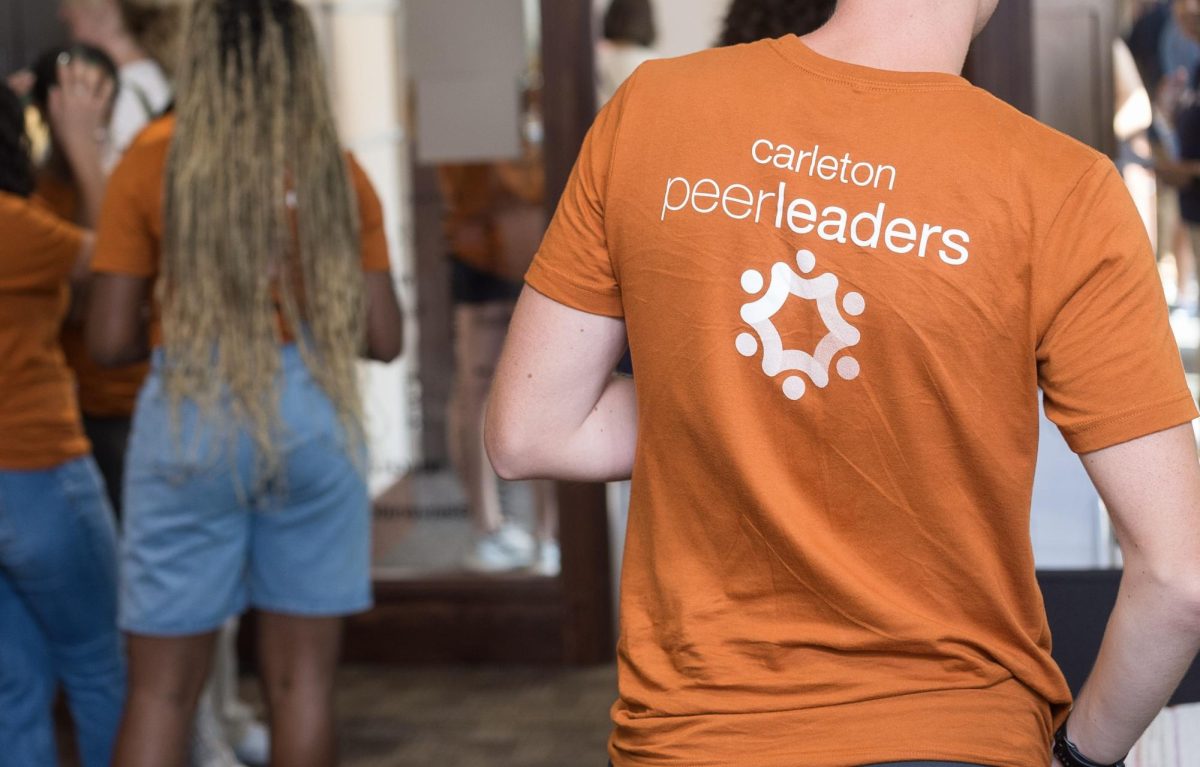Let’s face it: we were never meant to be happy. The gods made us when they realized that with so little to do on Olympus, they would never stop bickering among themselves until they found some other source of entertainment. There were plenty of intelligent creatures nearby on Earth, but the gods couldn’t understand or communicate with any of them; the language of the whales, for example, was so baffling that several millennia had produced nothing but vehement and highly speculative debates about how it might be interpreted. So if they wanted real entertainment, the gods needed creatures that acted and spoke like them, in a way they could understand. They decided to create humans.
It took several tries to find a satisfactory design for these little beings. It became clear that they could not be allowed to live forever: none of the gods wanted to watch the same humans having the same fights and facing the same dilemmas for all of time. But the greater challenge was to put them through sufficient enough hardship that their lives would remain entertaining. While many humans were struggling just to maintain a livelihood on Earth, the ones who were lucky enough to live among friends and family with plenty of food and a certain level of material comfort tended to be quite content, which was insufferable to watch. So the gods redesigned the human brain several times, making us more resourceful and less reliant on external causes of pain; they gave us, for example, the ability to focus on the same terrible thought for days, to see ourselves and our own work with the utmost scorn and to panic in the absence of any danger. Eventually we became such skilled sufferers that whenever the world was not hurting us, we were hurting ourselves.
And yet people say that we ought to be grateful. The gods designed us to see the worst in everything, to suffer even in the best circumstances—sometimes for no discernible reason at all—and people tell us to be thankful, appreciate what we have, remember how many people have it worse. But whom should we thank? The gods, for giving some people a harder time than they’ve given us? Much of the time, the notion of gratitude is downright toxic.
If you’re having a hard day or a hard life, the perceived obligation to feel grateful will only deepen your misery. But when you complain, someone will always mention gratitude, or perhaps you’ll think of it yourself, and because so many things could be worse about your life, you really will be convinced that you ought to feel more grateful, and you’ll start imagining all the hardships other people face, hardships you are lucky enough to be spared (at least for now)—and the thought that such awful things actually happen to people regularly will be so painful that you can hardly stand it, and at the same time you will start to feel guilty just for having a life that isn’t as bad as their lives (since there’s no reason you should deserve a better life), which will only make you more aware of what a terrible person you are for not feeling grateful given how much less miserable you are than some people; eventually you’ll wonder—and be right to wonder—whether perhaps gratitude and guilt might actually be the same thing. The only consolation is that eventually all of this will make you so miserable that no one in their right mind could expect you to be grateful anymore.
Having experienced this trauma ourselves, how could we put anyone else through it? When we encourage others to be grateful for what they have, we not only invalidate their suffering but inflict guilt on them by implying that they have some sort of moral obligation to give thanks to the universe. But if the gods and the universe are evil, this makes no sense. Telling others to be grateful, if not callotheonormative, is certainly callocosmonormative—that is, it may not imply that we ought to believe in a benevolent God, but it certainly implies that we ought to make some sort of positive judgment about the cosmic order of this wretched world.
In a more subtle way, expressing our own gratitude is even more pernicious. By expressing gratitude, you not only imply to listeners that they should feel grateful as well, which causes them all the grief described above; worse, you convey something that is good about your life. If you express gratitude for things other people don’t have, you remind them of what they lack. You should not, for example, express gratitude for a parent or sibling if someone who has lost their own parent or sibling might hear you, and you should not express gratitude for your many friends around people with very few. The more genuine your gratitude seems, the more pain it will cause, since this will make clear that the object of your gratitude is actually making you happy.
In fact, one of the kindest things we can do is to conceal our happiness from others, and even minimize it as much as possible. They say that happiness is the best revenge: this could not be more true, but we need to draw a line somewhere. While revenge is a natural and perhaps inevitable part of human existence, there are many ways to achieve it without resorting to such extreme measures; I prefer to err on the kinder side. I am not so cruel or sadistic as to want even my worst enemies to see me happy.













